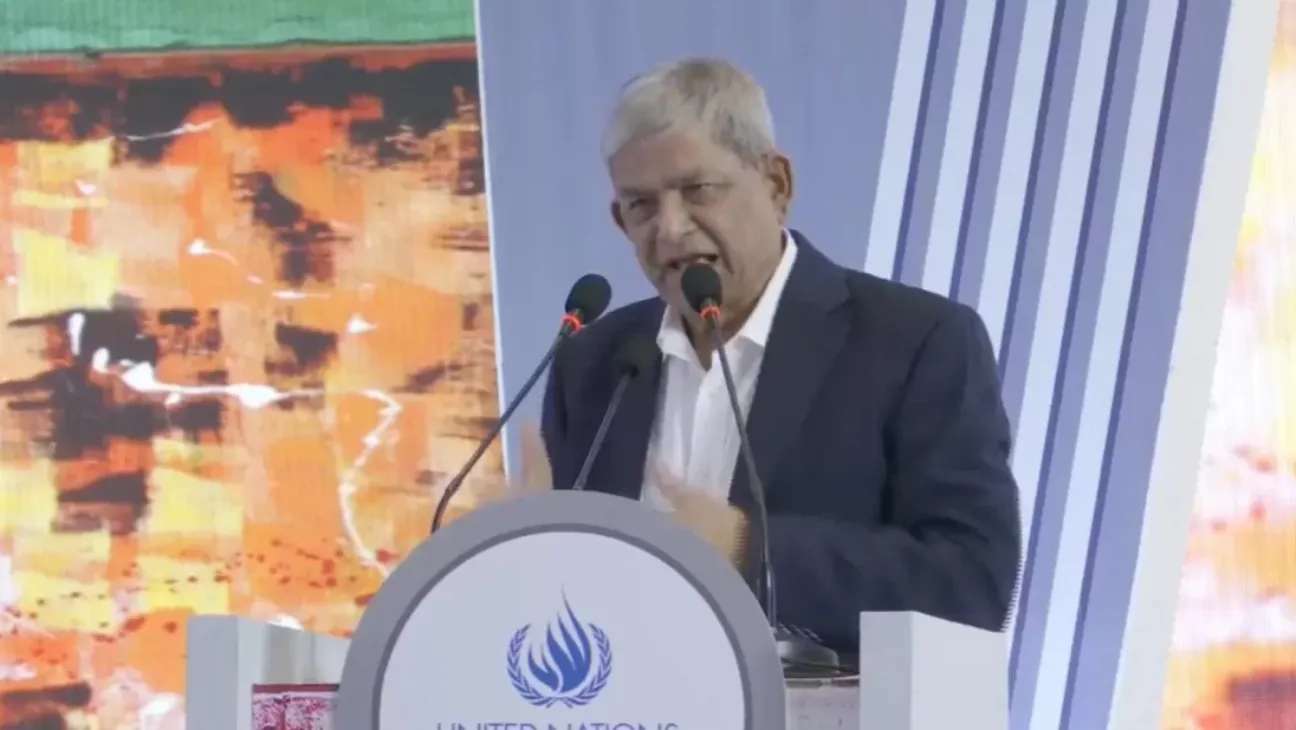Justice for the victims of last year’s July violence and the real political change that was promised—according to BNP’s Mirza Fakhrul Islam Alamgir, these are the two things holding the nation back.
Speaking on Tuesday at a somber anniversary event in Dhaka, he insisted that progress is impossible until the government acts on both fronts. He called for speedy trials for the killers and an end to the long delays on political reform.
“We want a quick trial for these killings. We also want the urgently needed reforms to be carried out without delay,” he said.
Fakhrul drove home the point that Bangladesh needs a government that genuinely answers to its citizens. He drew a sharp distinction, noting the vast difference between governing with the public’s backing versus without it. This, he argued, is why only a government truly chosen by the people can deliver solutions that actually stick.
He expressed hope that Chief Adviser Dr. Muhammad Yunus would uphold his commitment to a free, fair, and widely accepted election. “Through this election, a representative government and parliament of the people will be established,” he said.
Rebuilding Institutions and Fostering Tolerance
Fakhrul argued that many of Bangladesh’s current problems stem from the collapse of state institutions under what he called the “fascist” Awami League government.
“Many of our problems come from the fact that all our institutions were weakened or broken by the Awami fascists. These institutions need to be rebuilt. This is not an easy task. It will take time and will be difficult. We must be patient,” he said.
The social costs of the uprising were another key point of his speech, and he pleaded with citizens to overcome their political intolerance. “We must get through this. We are in need of more patience,” he stated. “Surely, having faced so many past challenges, we have the strength to overcome this one as well.”
UN Fact-Finding Report and Political Consensus
A United Nations report on the violence last July and August was a major topic at the gathering in the InterContinental Dhaka.
The UN’s human rights office actually published the report back in February. In it, they outline clear steps for preventing a similar tragedy.
Fakhrul thanked the UN for documenting the crackdown. “It is a valuable document… but it is not enough. The level of torture, oppression, and abuse that the people of Bangladesh have endured is far greater,” he said.
Despite the grim reflections, Fakhrul pointed to some progress. He noted that political parties have reached consensus on 12 key issues, and said remaining matters could be resolved by the next elected government.
“It will be the responsibility of those elected through a democratic process, or who form the next government, to solve the rest. They must be committed to finishing the job,” he said.
Fakhrul closed by calling on young Bangladeshis to help build a country where rights are protected and no child has to sacrifice their life for freedom.









